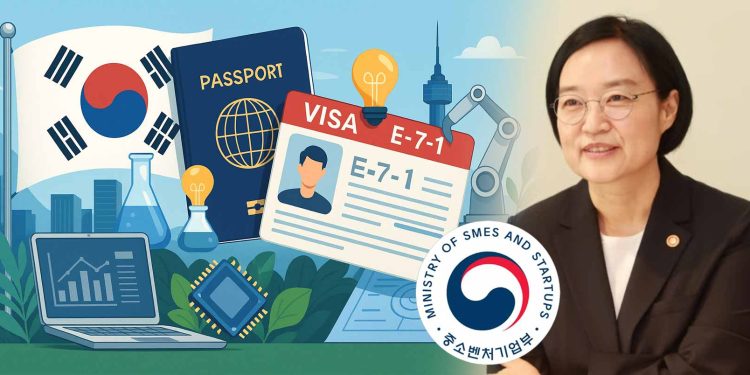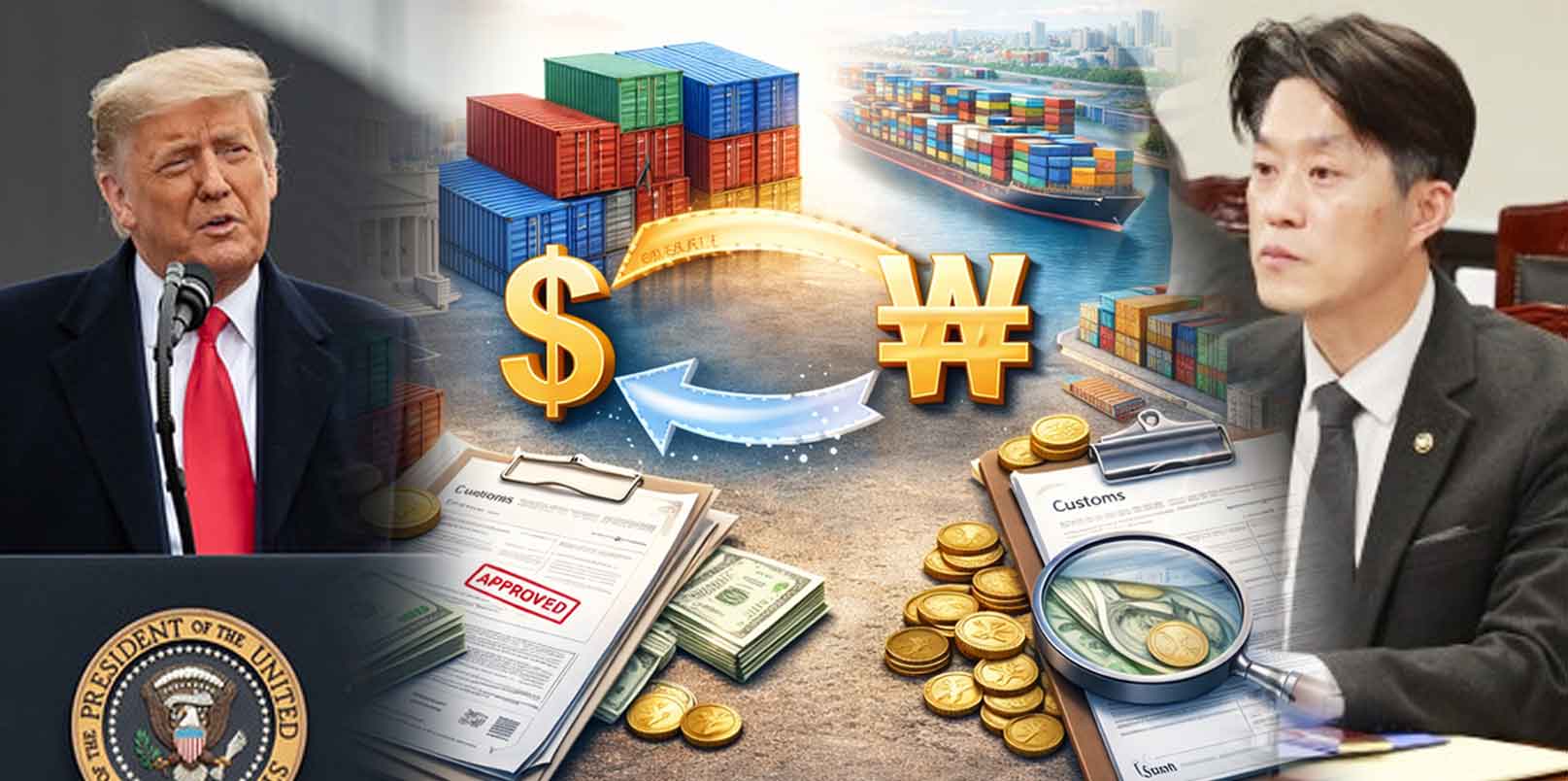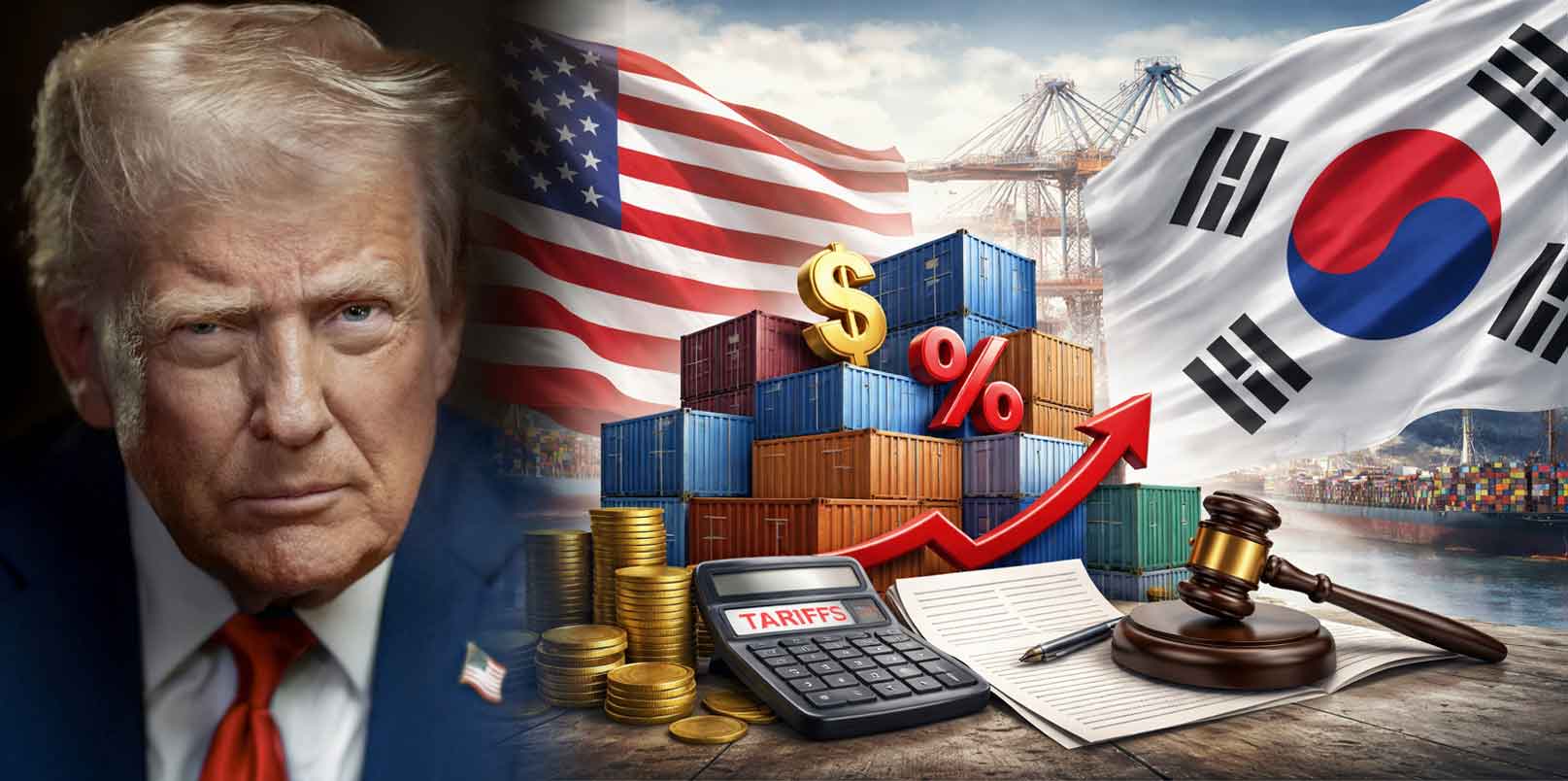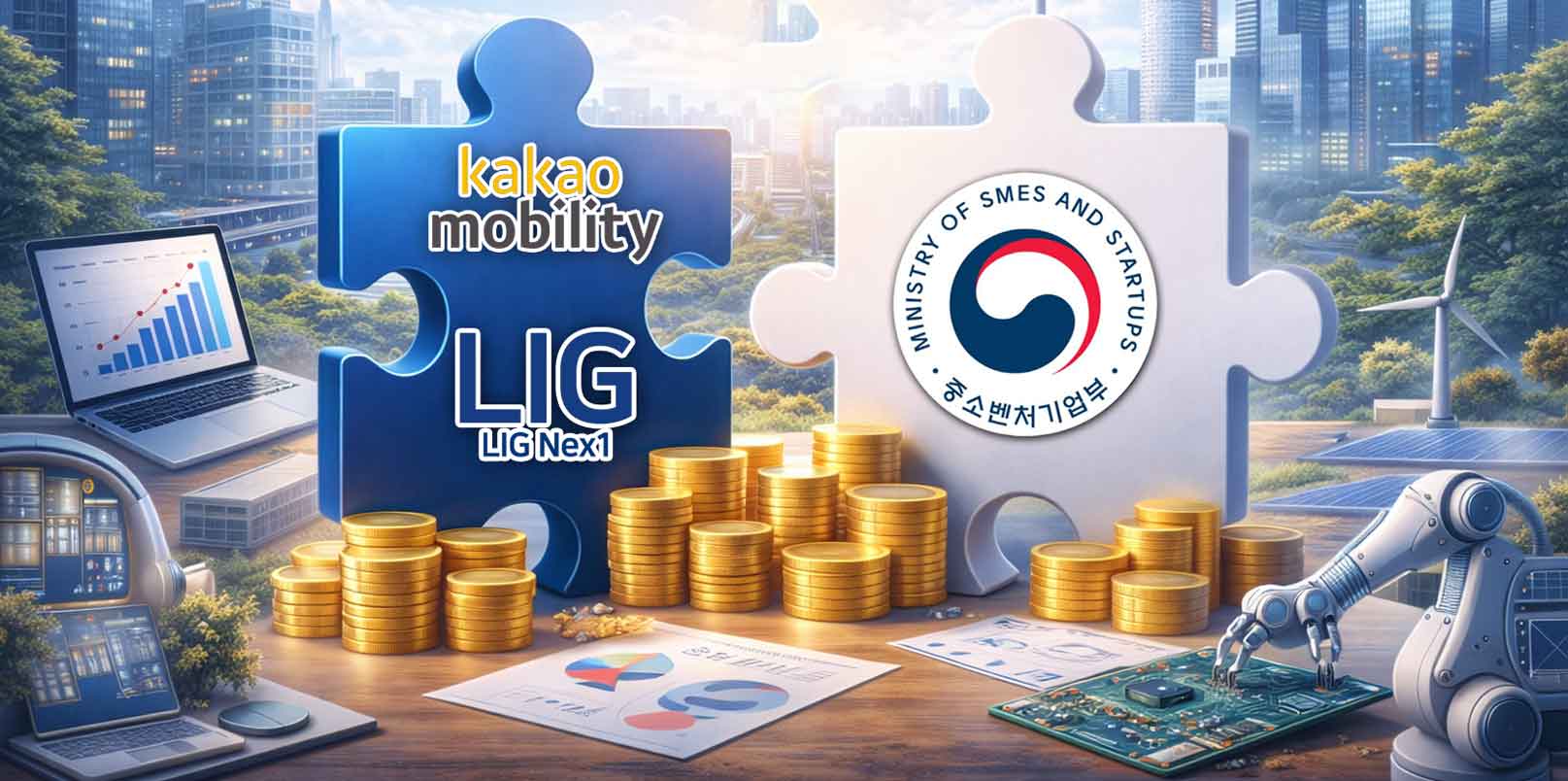Considering that South Korea has been pushing its global innovation economy, talent mobility is now emerging as its next frontier. The government is planning to open the E-7-1 visa pathway to overseas master’s and Ph.D. talent, and it reflects a deeper shift for the whole ecosystem: startups are no longer looking for capital only, but also for specialized minds capable of turning domestic ingenuity into global-scale technology and research competitiveness.
Korea Moves to Attract Global Talent Beyond Domestic Graduates
The South Korean government is preparing a major reform of its E-7-1 foreign professional employment recommendation system, extending eligibility beyond domestic international students to include overseas master’s and Ph.D.-level specialists. The initiative aims to help small and medium-sized enterprises (SMEs) secure advanced global talent in response to persistent R&D and technical workforce shortages.
According to an exclusive report from Asia Economy, the Ministry of SMEs and Startups (MSS) and the Korea SMEs and Startups Agency (KOSME) have begun a dedicated research project to redesign the system, signaling a broader strategic shift in Korea’s startup and innovation policy. The reform will allow companies to recruit highly skilled professionals from abroad under a streamlined visa recommendation process managed jointly by MSS and the Ministry of Justice.
Reform Targets Overseas Master’s and Ph.D. Talent in Strategic Sectors
Under the current structure, the E-7-1 visa recommendation system mainly benefits foreign students who have earned or are about to complete an associate degree or higher in Korea. They can apply for work in 24 designated job categories, primarily in information technology, electrical, and electronic fields. Once endorsed by MSS, the candidate’s visa is formally issued by the Ministry of Justice.
The reform now under review will enable SMEs to directly attract qualified professionals from overseas universities, not only from domestic institutions. It focuses on aligning global recruitment with Korea’s industrial R&D needs, particularly for SMEs and startups seeking to expand technological capabilities and international competitiveness.
To guide implementation, the ministry plans to identify at least five key source countries with strong talent pipelines, established academic verification systems, and close industrial linkages with Korea. Evaluation criteria include talent supply capacity, industry relevance, administrative stability, verification reliability, and cultural compatibility.
System Improvements: Fast-Track, Verification, and New Visa Models
MSS is also examining ways to simplify the current five-step visa recommendation process, which includes application submission, external review, and employment endorsement. Introducing a “fast-track” system could help minimize administrative bottlenecks that often delay SME recruitment of foreign professionals.
In parallel, the ministry is strengthening verification mechanisms to prevent falsified academic or employment records. Potential measures include leveraging certification data from overseas universities or public institutions and collaborating with international degree verification organizations.
Officials are further conducting a feasibility study on introducing a new visa type tailored for overseas experts entering Korea’s startup and SME ecosystem, complementing the existing E-7-1 structure.
Expanding Beyond STEM to Humanities and Business Talent
While the E-7-1 system traditionally focused on science and engineering, the government is now considering expansion into humanities and business-oriented sectors. This includes areas such as international sales, product planning, and cross-cultural communication, which are increasingly critical for Korean startups expanding abroad.
According to officials, several universities have informally conveyed that foreign students in humanities disciplines face barriers to employment due to limited eligibility under current visa classifications. The ministry believes that including such roles could enhance flexibility and raise utilization of the program.
A government official told Asia Economy:
“We are actively reviewing the inclusion of job categories not currently covered under the employment recommendation system. Expanding the eligible fields could significantly improve the program’s practical use.”
E-7-1 Visa Reform: Globalizing Innovation Workforce in South Korea
The E-7-1 reform signals a strategic shift in how Korea intends to globalize its innovation workforce. As local SMEs and startups face not just aging population but also rising competition for technical and managerial talent, the ability to recruit directly from overseas master’s and Ph.D. programs could alleviate chronic skill shortages in R&D-intensive sectors.
At the same time, the E-7-1 expansion reflects a deeper policy shift in Korea’s startup ecosystem. This program shows that Korea is moving beyond founder programs to integrate global professionals directly into R&D, design, and commercialization roles. It signals that the country’s Third Venture Boom has now been increasingly defined by talent mobility and innovation workforce reform.
With this new policy direction, Korea is expanding its vision beyond founders to include researchers, engineers, and skilled professionals who can reinforce its high-value industries from within. The reform complements the government’s recent Startup Korea Special Visa, which supports foreign entrepreneurs establishing businesses in Korea—together signaling a cohesive national strategy to attract global talent and strengthen the country’s innovation engine.
Korea’s Evolving Position in the Global Talent Race
Finally, by opening a formal pathway for foreign experts beyond domestic university graduates using the E-7-1 expansion, Korea can accelerate technology transfer, encourage cross-border innovation, and enhance the R&D capacity of SMEs that form the backbone of its economy, redefining its position in the global competition for skilled professionals.
International talent now gains a clearer and more structured route to participate in one of Asia’s most dynamic startup environments. At the same time, policymakers face a defining test of Korea’s capacity to maintain regulatory control while embracing deeper global collaboration.
The reform’s success will likely depend on how efficiently government agencies coordinate with startups, industry associations, and foreign academic partners. Yet even at this early stage, this move sends a clear signal that South Korea is ready to evolve its visa ecosystem from education-based retention to direct global talent attraction, and this move could strengthen its long-term innovation capacity.
🤝 Looking to connect with verified Korean companies building globally?
Explore curated company profiles and request direct introductions through beSUCCESS Connect.
– Stay Ahead in Korea’s Startup Scene –
Get real-time insights, funding updates, and policy shifts shaping Korea’s innovation ecosystem.
➡️ Follow KoreaTechDesk on LinkedIn, X (Twitter), Threads, Bluesky, Telegram, Facebook, and WhatsApp Channel.






